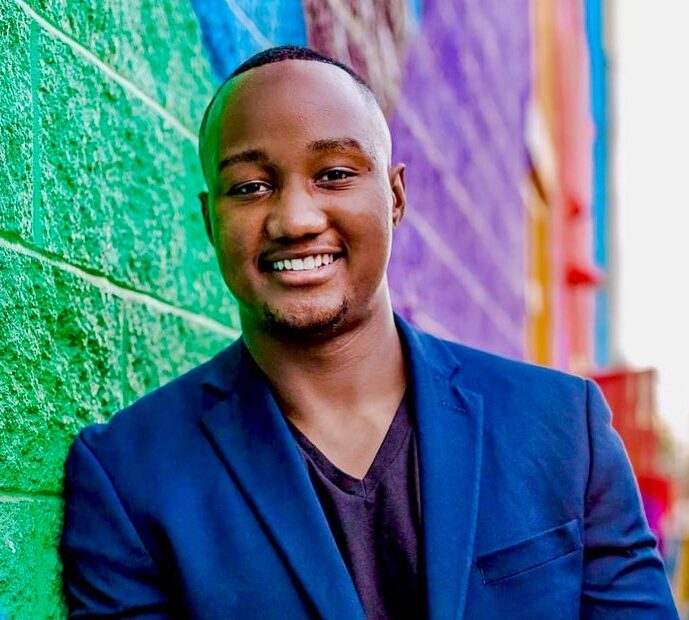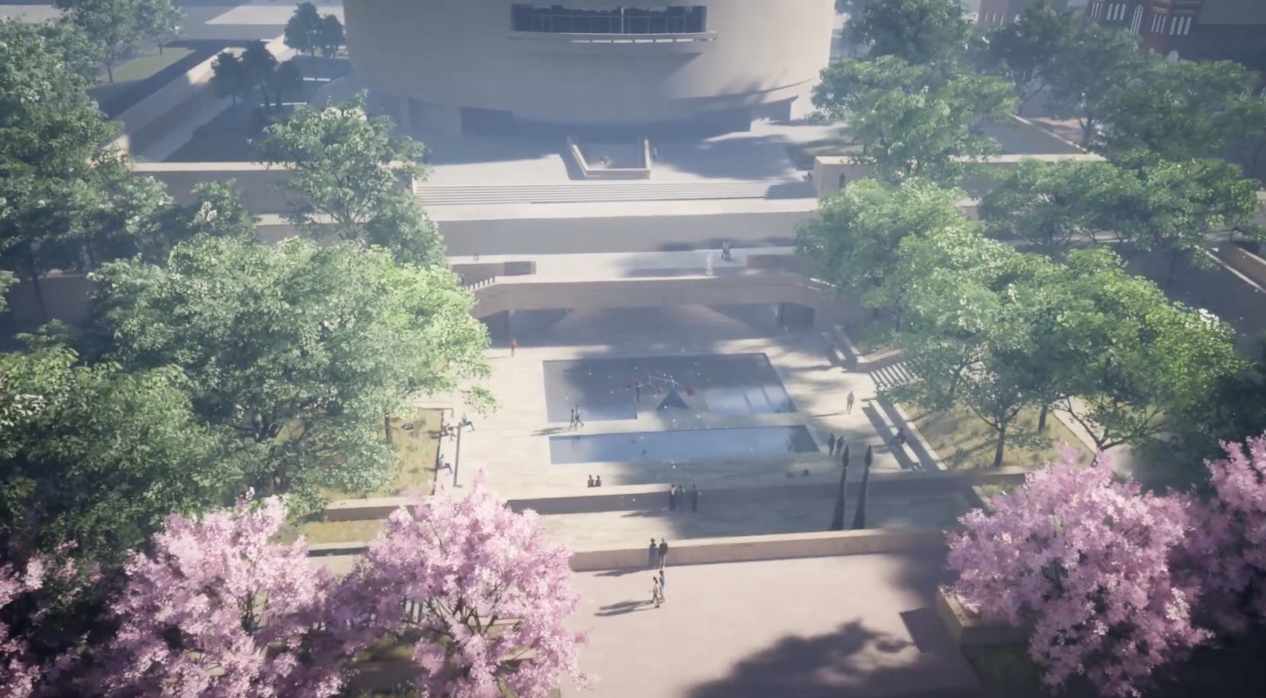(DENVER) — Kwon Atlas wears many hats. He’s an entrepreneur, activist, politico and journalist. But around Five Points, the neighborhood he calls home, Atlas is best known as the guy who tackles big problems with creative solutions.
In 2020, when he was just 26-years-old, Atlas founded Five Points Atlas, a hyperlocal newspaper that focuses on community and culture in Denver’s “Harlem of the West”. Now, he is running to represent District 9 on Denver City Council. If he wins, Atlas will be one of the youngest members to ever serve on the council.
Atlas sat down with The Click to discuss the origins of Five Points Atlas, the role of hyperlocal newspapers in creating community connections and maintaining journalistic integrity while running for political office.
The Click: Can you talk about why you started Five Points Atlas? Where did this idea come from?
I began to conceptualize it a long time ago, I just didn’t really realize it.
I was working on a campaign that was supporting the mayor during his election. And just being fired up about everything that was being talked about, I created a blog page writing about local races. I feel like part of my gift within politics was always being able to explain policy and politics to people that maybe aren’t necessarily in it. And I was doing that. The mayor liked some of the things that I had written, and he put me in his comms department shortly after he got elected.
Then COVID happens, and my job completely changes. Working in the bunker, doing work in the community, delivering PPE, delivering federal programs, all kinds of stuff. So my role just changed. I started to focus on my neighborhood.
I met a commercial realtor, who said “you know, I’ve helped open five or six businesses, and nobody knows about it.” In this historically African American area, many of these businesses are businesses of color. That’s when the light bulb went off in my head. I was like, “That’s it. That’s a mission-led thing that I could create.”
There’s another print organization, The Denver Northstar. It was run successfully, and I loved what the owner was doing. So, I had him help me create Five Points Atlas.
It has since morphed into this beautiful representation of community. It’s become something that just connects the community, and that’s something I’m really proud of.
The Click: What role does your paper play in telling the historical legacy of Five Points? What does it do to highlight what the area is now?
Five Points is one of several “Harlems’ of the West.” It’s a moniker that harkens to the heart of New York Harlem, and really signifies its profound impact on African American people. Just the imagination of how we could create our own neighborhoods, have our own arts and dance, cultural and businesses and thrive.
During the early 1900s, post-slavery, folks began to settle and create these communities all over. You weren’t safe if you weren’t in those communities. As you move to the late 1900s, Five Points becomes a ghetto. It was known as a Crips stronghold, the hood in a dangerous place. That rhetoric, as we’ve learned now through history, was just used to oppress and suppress these communities. And then during this turn of the century, Five Points, and neighborhoods like it, became the best investment because they can make the greatest return and have the cheapest land. Hip and cool can be transitioned into brew pubs and coffee shops, affordable housing and murals. It’s literally happening all over the country.
Long story short, I’ve used the Five Points Atlas paper to remind people of the history, but I’m not necessarily taking an angle or saying what the neighborhood should be. I wanted the paper to be apolitical. More focused on what’s going on in the community, just bringing people together.
People have said, “you know, I had a neighborhood paper back where I’m from, and I loved it.” This makes them feel like they are in a real community. I think that’s sort of that goal right there.
The Click: You are running for Denver City Council. Can you talk about how you maintain journalistic integrity in your newspaper?
I think it’s somewhat subjective, but there are some clear dos and don’ts.
Once I launched this campaign, I created a disclaimer article letting people know we’re not going to be talking about the district race in this vehicle, because it would be inappropriate. It’s just a complete blackout.
I think that people have every right to scrutinize what they’re reading. That’s what more people should do anyway. Do a little research about who you are reading. What is their publication? Who is funding the publication? How are they handling topics? How do they approach different topics? Do they tend to be this way or that way?
If you look at the history of Five Points Atlas and what we publish, we are focused on the cultural, business and lifestyle within Five Points. It is not about politics, crime and negativity.
The Click: If you win office, will you maintain the blackout in Five Points Atlas?
If I’m elected, I will be seriously looking towards the community ownership model or to transitioning it to someone else that can handle the paper and responsibilities effectively.
The Click: Do you think that journalism can be political?
I think in the last 10 years, journalism has become deeply political. Whether you want to call it journalism or not, to the average person, that’s what it is. And if you know the history, it’s never not been tied to private interests and very deeply political.
That’s why I think the hyperlocal and apolitical are attractive to people at this level, because they’re like “Okay I get what is going on in bigger news, but where can I meet my neighbors? What’s going on here locally? We’ve been stuck in the house because of COVID, where can I go work? How can I connect? How can I build meaningful relationships?” I think at this hyperlocal level, we can be united rather than divided.
The Click: What does the future look like?
I’m someone who just strongly believes in their ability to create, so I’m just going to continue to create solutions to problems. Regardless of if I’m elected.


